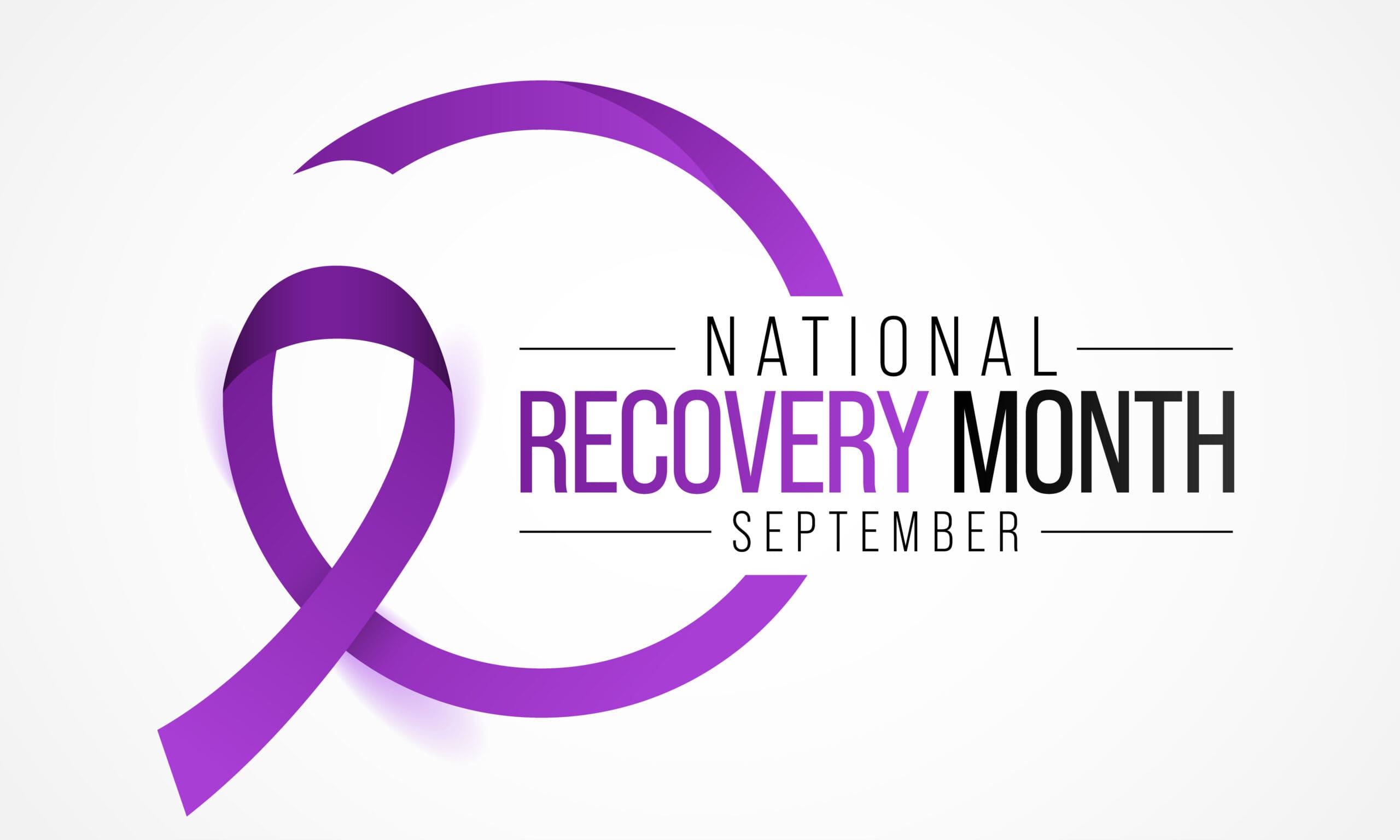Unfortunately, stigma is an invisible barrier that keeps far too many people from getting the help they need to begin their recovery journey. But what if we could break that wall and shatter those chains? What if we could create a world where seeking help for mental health or substance use issues was as normal as going to the dentist to get a cavity filled?
National Recovery Month is a nationwide observance throughout the month of September that aims to raise awareness of the importance of seeking treatment for mental health and substance use concerns while providing support to people who are managing these conditions. This is the perfect opportunity for you to explore some easy ways to stop stigma in its tracks and pave the way for healing.
Challenge the Language
Words shape perceptions. When we hear phrases like “addict” or “mental patient,” it’s easy to forget the person behind the label. Let’s flip the script.
- Replace “mentally ill” with “living with a mental health condition”
- Rather than “crazy” or “insane,” say “person experiencing a mental health crisis”
- Use “person in recovery” instead of “former addict” or “reformed alcoholic”
- Replace “committed suicide” with “died by suicide” or “lost their life to suicide”
- Instead of “depressive,” say “person living with depression“
- Use “person with schizophrenia” rather than “schizophrenic”
- Replace “bipolar person” with “individual managing bipolar disorder“
- Use “person with anxiety” instead of “anxious person” or “worrywart”
- Rather than “OCD sufferer,” say “person coping with obsessive-compulsive disorder”
- Use “person living with PTSD” rather than “PTSD victim”
- Replace “drug abuser” with “person misusing substances”
- Instead of “addict,” try “person with a substance use disorder“
- Replace “alcoholic” with “person struggling with alcohol use”
- Instead of “failure,” say “person who is experiencing a setback in their recovery”
Next time you hear stigmatizing language, gently correct it. You’ll plant seeds of change in how people think and talk about recovery. Person-first terms remind us of the human being at the center of the struggle.
Educate Yourself and Others
Knowledge is kryptonite when it comes to fighting stigma. Arm yourself with facts about mental health and substance use disorders.
- Browse online resources from organizations like NAMI, SAMHSA, or the American Psychological Association.
- Look for community events or library presentations on mental health awareness.
- Take online courses from platforms like Coursera that offer free classes on psychology and addiction studies.
- Attend open meetings of groups like Al-Anon to gain firsthand insights.
- Explore personal accounts of mental health struggles and recovery journeys via memoirs or documentaries.
- Participate in Recovery Month activities to connect with the community.
- Take Mental Health First Aid, a widely available training course.
Remember, you don’t need to be an expert to make a difference. Simply sharing what you’ve learned can open eyes and hearts.
Practice Empathy and Active Listening
Stigma often stems from fear and misunderstanding. The best way to combat this is by taking the time to truly listen to those who are affected by mental health or substance use issues.
- Create a safe space. Find a quiet, private area for your conversation. Mute your phone and give the person your full attention.
- Use open body language. Uncross your arms and face the person directly. Make eye contact to show you’re engaged, but remember that staring can make people uncomfortable.
- Listen without interrupting. Let them finish their thoughts before responding. Allow for silences and give them time to process their thoughts.
- Validate their feelings by saying things like “That sounds really difficult” or “I can see why you’d feel that way.”
- Ask open-ended questions. Encourage them to share more with statements such as “How did that make you feel?” or “Can you tell me more about that?”
- Resist the temptation to make assumptions. Ask for clarification if you’re unsure about something they’ve said.
- Express interest in understanding their unique perspective. Summarize their points to show you’re listening and understanding.
- Acknowledge their strength. It takes courage to open up about these issues. Steer clear of phrases like “You should” or “Why didn’t you just…” that could be perceived as judgmental.
Ideally, your conversation should be an ongoing dialogue. Ask “How can I help?” or “What do you need right now?” Later on, check in with them to show you care and are still available to listen.
We’re Here to Help
At Raleigh Oaks Behavioral Health, we understand the courage it takes to reach out. The dedicated team at our Garner, North Carolina, facility is here to walk alongside you every step of the way—whether you’re seeking help for yourself or support for your loved one. Contact us today for a free, confidential assessment.





